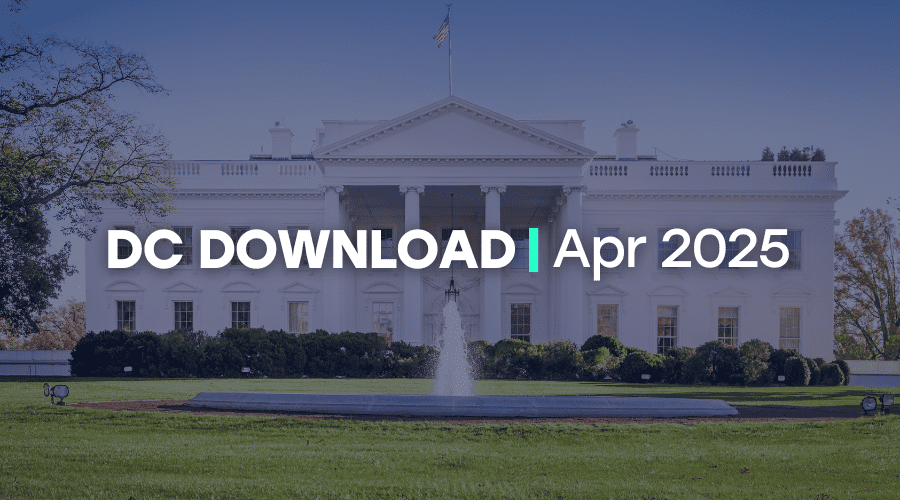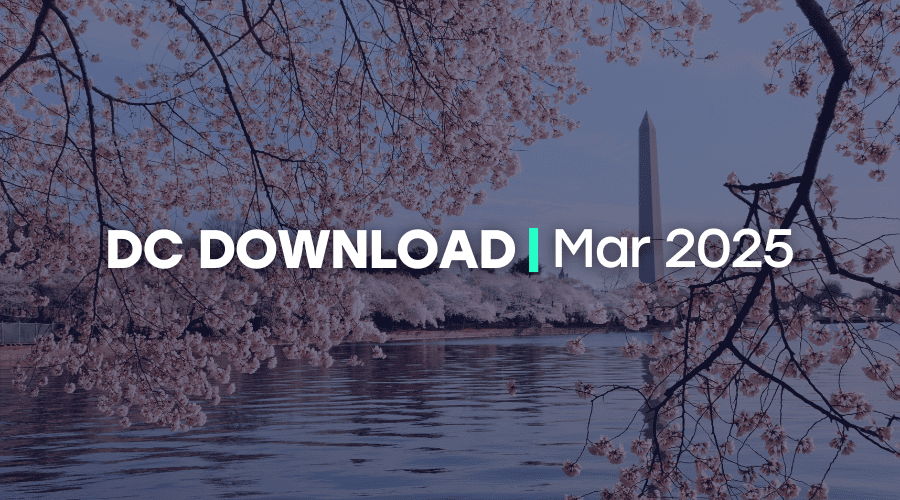February is supposed to be the kickoff for congressional budget season, with the President’s budget proposal technically due the first week of the month. There are no consequences for missing this deadline, which might explain why it is missed so frequently! With additional time lost due to the record-breaking government shutdown, it is perhaps no surprise that budget season is not expected to begin until mid-March instead. In the meantime, there is certainly no shortage of activity on issues that impact the nonprofit sector. Here are the latest major federal policy updates from Washington, DC that may affect your work this month.
Unrelated Business Income Tax (UBIT)
Legislators in both parties continue to show support for repealing the tax on transportation fringe benefits that was included in the 2017 tax law. In addition to H.R. 513—introduced by Representative Michael Conaway (R-TX)—Representative James Clyburn (D-SC) introduced legislation (H.R. 1223) to repeal the provision this month with 30 original cosponsors. Senator Sherrod Brown (D-OH) introduced companion legislation (S. 501) in the Senate. Unlike the Conaway legislation, press reports indicate that both democratic bills propose slightly increasing the corporate tax rate in order to offset the lost revenue from repealing this tax. Independent Sector recently submitted comments to the Treasury Department in response to Notice 2018-99, which cite recent research and request a delay in implementation of this provision. Please take a few minutes to join us in asking Congress to repeal this provision, and use #MissionNotTaxes on social media to share information about this issue.
Additional Universal Charitable Deduction Legislation Introduced
On a similar note, bipartisan support continues to build in the halls of Congress for a universal charitable deduction, available to all taxpayers whether they itemize their taxes or not. Representatives Chris Smith (R-NJ) and Henry Cuellar (D-TX) have added seven cosponsors to their legislation (H.R. 651) since it was introduced. On February 14, Representative Danny Davis (D-IL) –a senior member of the House Ways and Means Committee—also introduced legislation (H.R. 1260) that would allow all taxpayers to deduct their contributions to charity.
Johnson Amendment
Nonprofit advocates and their allies succeeded in protecting the Johnson Amendment during final Fiscal Year 2019 appropriations negotiations. While the House passed appropriations bills containing language preventing enforcement of the Johnson Amendment for churches last year, that damaging language was not ultimately included in the Consolidated Appropriations Act, 2019, which was signed into law earlier this month.
Public Service Loan Forgiveness
Late last week, a federal district judge ruled in favor of three plaintiffs who sued the U.S. Department of Education after being denied student loan forgiveness. The individuals were told by a company overseeing the program that their employment would qualify for the federal Public Service Loan Forgiveness (PSLF) program, but the U.S. Department of Education later informed them that it had adopted new standards and they were no longer eligible. As the Washington Post notes, “The Education Department has approved barely 1 percent of the tens of thousands of applications for loan forgiveness submitted by public servants.”



